How Learning Music Affects The Brain
/Music is a universal language and mankind's oldest art form. Even before a child learns to speak, they learn to communicate and connect with song and sound. Children take to music naturally. Some suggest that babies are born with inherent musical capabilities because their responses to music are immediate and instinctive: they are not learned.
While every child can enjoy, learn and grow through music, there is increasing evidence to show that active participation in musical activities can actually alter the anatomy of the brain. Researchers believe that early musical experiences intensify the development of neuronal synapses. By increasing the number of interconnections between brain cells, music essentially enhances a child's ability to think, learn, reason and create.
It is important to note however, that for music to have a profound effect on cognitive development, a child must physically engage in musical activities. Furthermore, these activities must provide a comprehensive sensory experience. It is not enough for a child just to listen to music.
Children need to take part - to feel, make, hear and memorize sounds and patterns; to sing, clap, dance and remember movements. The quality and timing of these musical experiences are paramount. Ideally, parents should aim to expose their children to musical activities prior to age two when the proliferation of neuronal synapses is at its peak. However, the number of synapses remain elevated until a child is around 10 years of age, so the benefits of music can still be realised in older children.
Dr Gordon Shaw, a world renowned pioneer in music and brain studies with over 25 years of research, describes "music as a window into higher brain function".
Sources:
American Music Association
Australian Music Association
NAMM Foundation


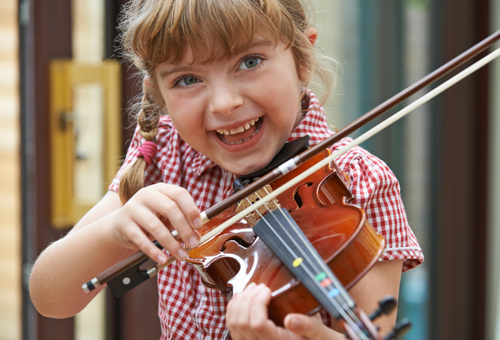
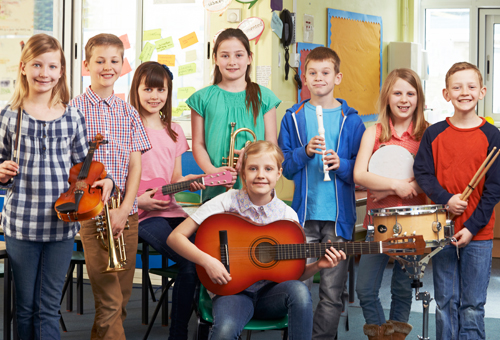

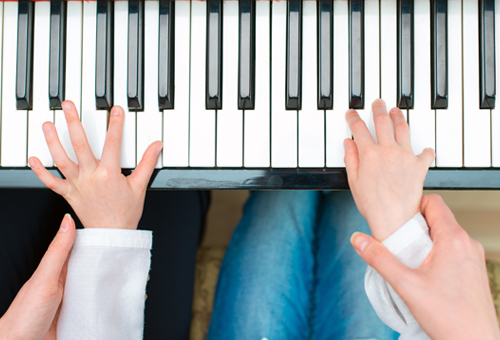
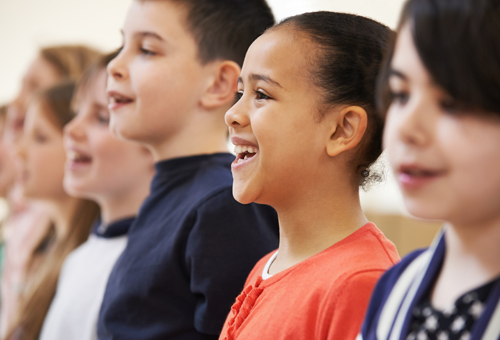


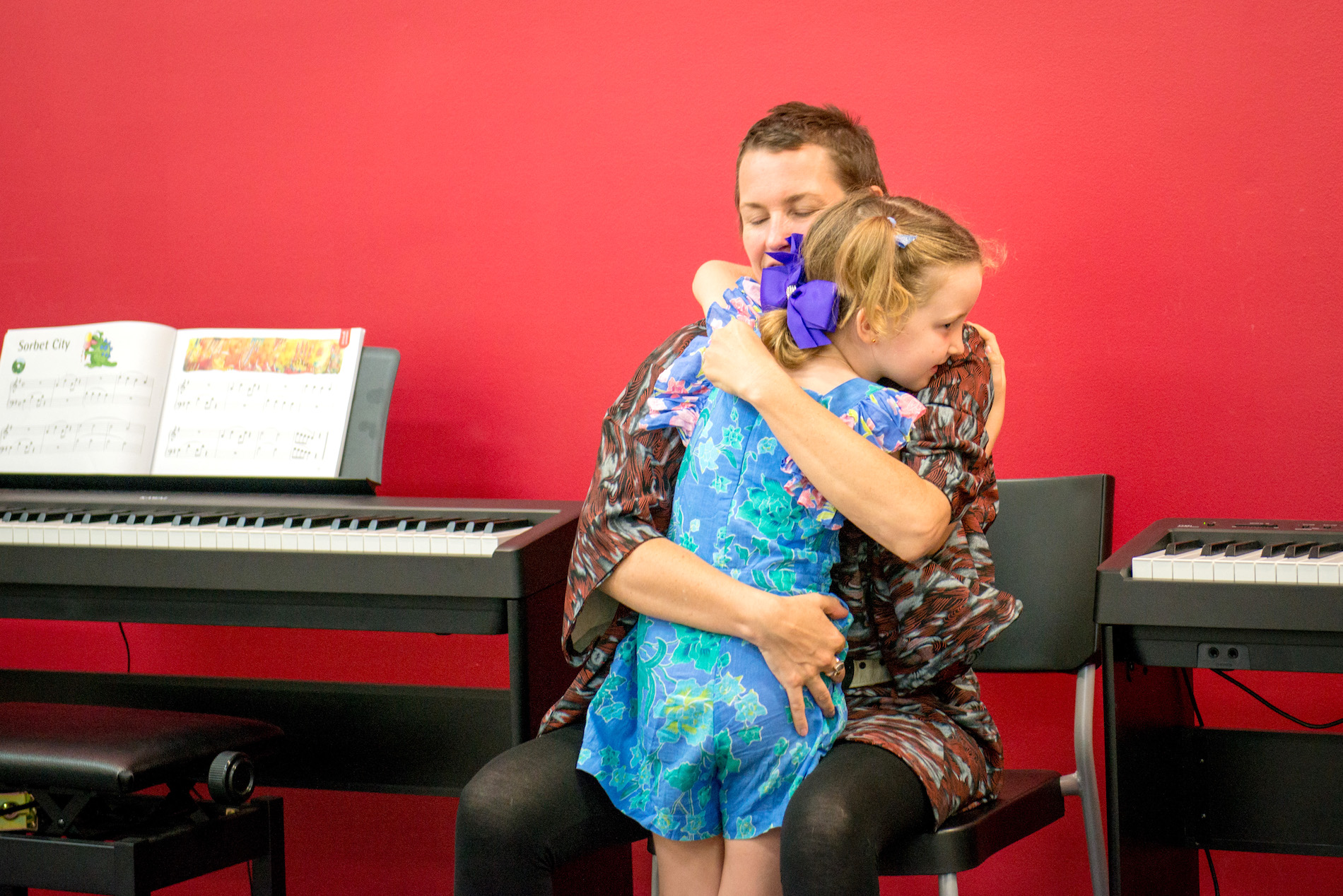






– SANDY